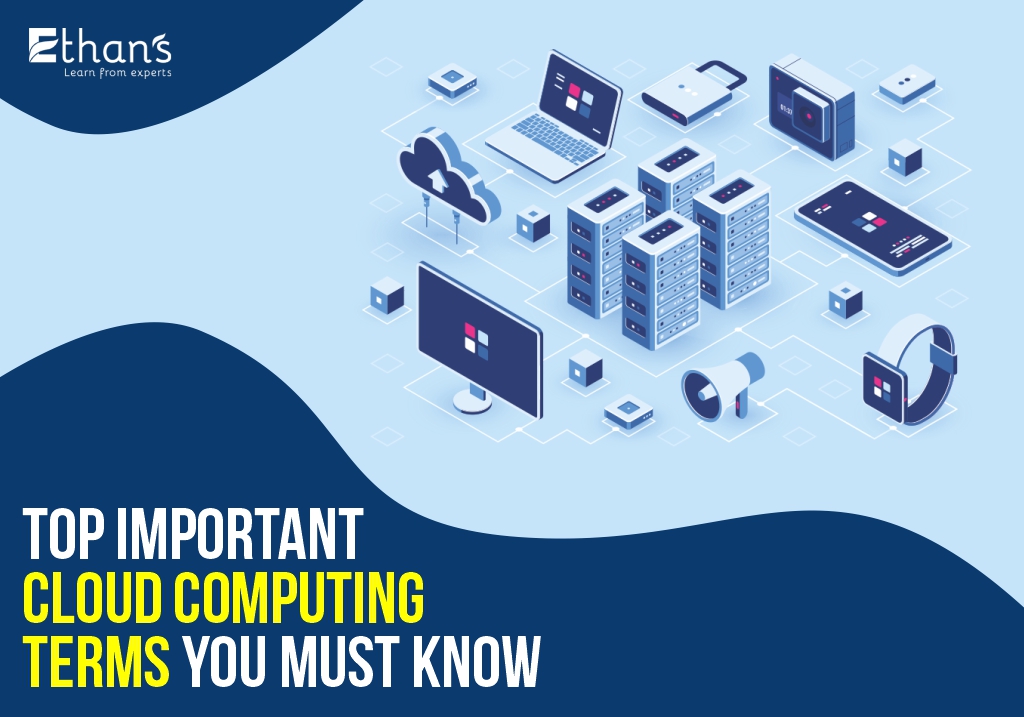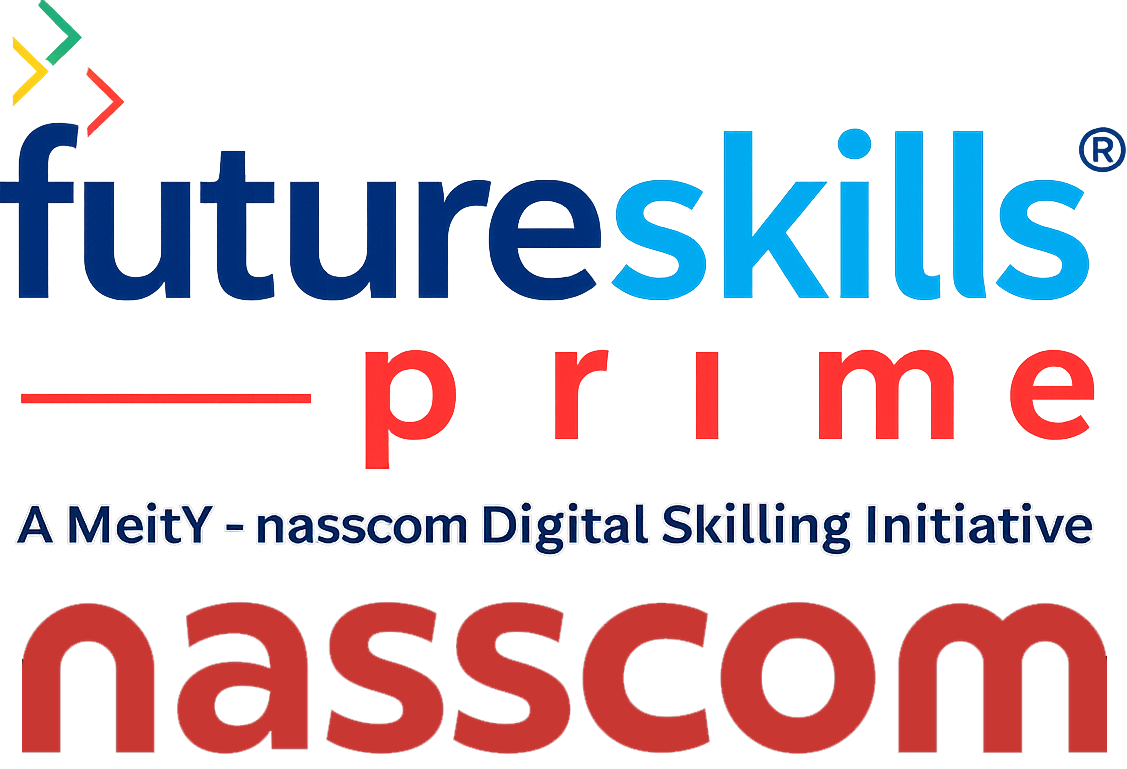Are you a fresher or an experienced professional looking for cloud computing classes in Pune to pursue a career in cloud computing? With millions of new job opportunities on the rise, many people are looking forward to it. So, you aren’t alone and you’ve made the right career choice. However, before you begin the course, you must know some basic cloud computing terms and terminologies. It is because cloud computing has had its journey of evolution, during which many new concepts emerged and helped transform it. Knowing these can help you begin your cloud computing course and career more confidently. So, let’s look at ten important ones in this blog.
-
Cloud Computing
Cloud computing refers to delivering computing services, including databases, servers, storage, networking, intelligence, etc., over the web. Cloud benefits companies in various ways. Some prominent benefits include increased agility, elasticity, and quick deployment. Furthermore, it allows user companies to pay for what they use (pay-as-you-go pricing), thus also saving costs considerably.
Unlike the yesteryears, when companies had to buy every service and support physically, the cloud enabled them to do it through the web, thus saving the effort involved in maintaining physical services, hardware, etc.
-
Private, Public, Hybrid and Multi Cloud
Cloud is classified into four categories, including private, public, hybrid, and multi-cloud. Here’s a basic understanding of each.
- Private: Highly secure cloud services customized for a single company
- Public: Company-owned and operated services made available to the public
- Hybrid: Custom-cloud services (public and private) working together
- Multi Cloud: Outsourcing cloud services to multiple providers for the same cloud deployment
-
Application Programming Interface (API)
These determine how two platforms or applications can communicate. They serve as a bridge linking two parts of the software and enable them to operate independently. APIs let users access information or functionality from a given service and integrate it into the user’s application. An example of this is an article you see over the web that also allows you to share it on a social media platform, say Facebook.
-
Software-as-a-Service (SaaS)
These are software applications owned and operated off-premises, provided by a cloud service provider. An example is Google Sheets, an application users can access and use remotely. Accordingly, SaaS allows remote accessibility, instant access, and nearly no data loss.
-
Infrastructure-as-Service (IaaS)
This is a service package that includes resources like data centers, database management, storage servers, and various other network elements. IaaS providers often provide it as a package. Hence, users aren’t required to install or buy separate hardware or purchase upgrades to maintain competence and optimal functioning.
-
Platform-as-a-Service (PaaS)
Custom-made applications require efficient platforms to operate on. PaaS offers the right environment to deploy cloud-based applications. It eliminates the need to purchase separate software, hardware and hosting as PaaS does everything.
-
Load Balancing
Digital networks handle massive traffic loads. Load balancing helps spread the traffic to multiple servers, reducing the process time and distributing responsibility evenly. It helps improve the responsiveness and performance of various cloud applications. A few common load balancing techniques include Least Connection, Round-Robin, and Weighted Response Time.
-
Google Cloud
Google Cloud Platform (GCP) is a set of services offered by Google. These services provide server space on internal networks, virtual machines, disk storage, VPN connections, and more. In addition, GCP offers IaaS, PaaS, and serverless computing environments similar to AWS and Azure, two other leading cloud service providers.
-
Amazon Web Services (AWS)
AWS is Amazon’s cloud computing platform that offers 200+ services. These include storage, database, analytics, ML, security, networking, etc. Leveraged by thousands of companies, including enterprises, startups, and government agencies, AWS is the world’s most comprehensive and widely used cloud.
-
Microsoft Azure
Azure is Microsoft’s cloud platform, offering over 600 services, using large-scale use of its data centers. It is designed to serve businesses of various sizes. The platform provides support for multiple programming languages, including NodeJS, Java, and C#. Besides, it offers 99.95 availability (the time it stays available for) and round-the-clock technical support.
Wrapping it Up!
So, that was about ten popular terms and terminologies of cloud computing. Of course, there are many more. But you can learn them while pursuing a comprehensive cloud computing course like that of Ethans. We are a seasoned technology training center, offering recognized and competent courses across various technologies, including cloud computing. Up until now, we’ve trained hundreds of students and shaped their careers, helping them thrive amidst the competitive technology horizon confidently. Call us at +91 95133 92223 if you have been searching for the term cloud computing course near me.





